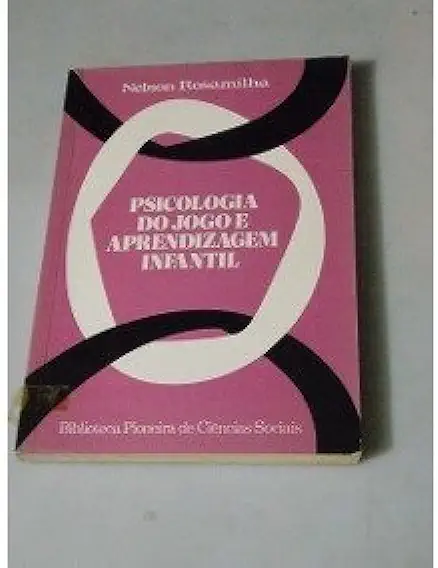
Psychology of Play and Child Learning - Nelson Rosamilha
Psychology of Play and Child Learning: A Comprehensive Guide for Educators, Parents, and Caregivers
Introduction
In the realm of child development, play holds a position of paramount importance. It serves as a natural and essential medium through which children explore, learn, and grow. This comprehensive book, "Psychology of Play and Child Learning" by Nelson Rosamilha, delves into the intricate relationship between play and child learning, providing a wealth of insights and practical strategies for educators, parents, and caregivers.
Understanding the Significance of Play
Play is not merely a pastime for children; it is a fundamental aspect of their development. Through play, children engage in a myriad of activities that foster cognitive, social, emotional, and physical growth. This book explores the various types of play, including solitary, parallel, cooperative, and imaginative play, and highlights their respective contributions to a child's overall development.
Play as a Catalyst for Cognitive Development
Play serves as a powerful catalyst for cognitive development, facilitating the acquisition of essential skills and knowledge. As children engage in play, they develop problem-solving abilities, creativity, and imagination. They learn to think critically, analyze situations, and come up with innovative solutions. This book provides concrete examples and strategies to harness the potential of play for enhancing cognitive development.
Fostering Social and Emotional Growth through Play
Play is a crucial arena for children to develop social and emotional skills. Through interactions with peers and adults during play, children learn to communicate effectively, collaborate, and resolve conflicts. They develop empathy, self-awareness, and self-regulation skills. This book offers practical guidance on how to create a supportive play environment that promotes social and emotional growth.
Enhancing Physical Development through Play
Play is instrumental in promoting physical development in children. It provides opportunities for children to engage in physical activities that enhance gross and fine motor skills, coordination, and balance. This book explores various types of play that encourage physical development and provides tips on how to incorporate physical play into a child's daily routine.
The Role of Adults in Facilitating Play
While children possess an innate ability to play, the role of adults in facilitating play cannot be overstated. This book emphasizes the importance of providing a safe and nurturing environment that encourages play. It offers guidance on how adults can engage in play with children, support their play initiatives, and extend learning opportunities through play.
Conclusion
"Psychology of Play and Child Learning" is an invaluable resource for anyone interested in understanding the profound impact of play on child development. With its comprehensive coverage of various play types, developmental benefits, and practical strategies, this book empowers educators, parents, and caregivers to harness the power of play for the holistic development of children. Embrace the joy of play and unlock the boundless potential of children's learning journey.